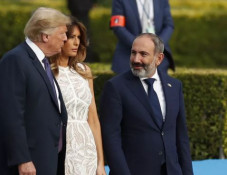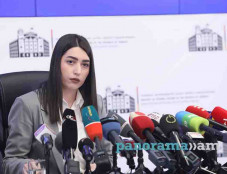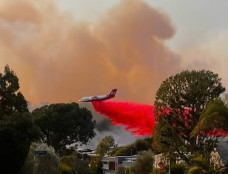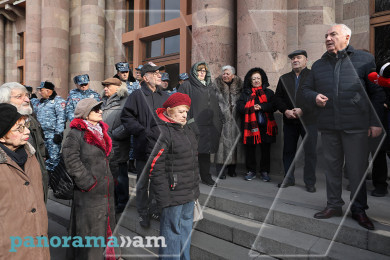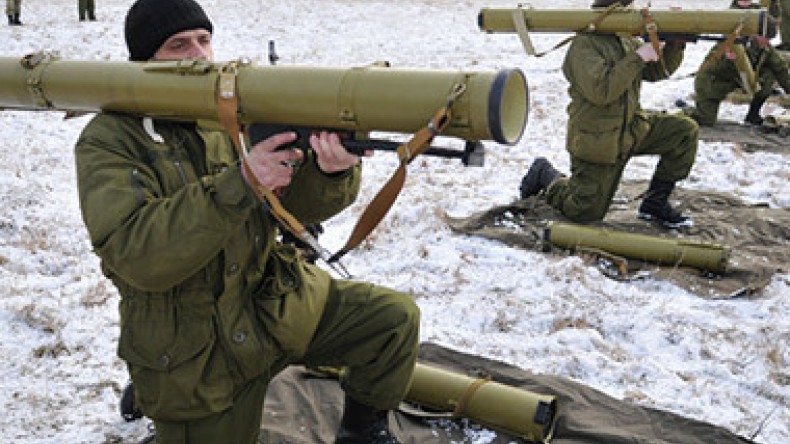
US training of Ukraine National Guard may have big impact – experts
The US Department of Defense (DOD) is sending 600 military trainers to Lviv in order to transform Ukraine’s National Guard into a more professional fighting force and, although the program will start on a very small-scale, it could still have a broader impact on Russia’s relations with the West, experts told Sputnik.
“I am quite confident that the reportedly 600 US military trainers sent to Lviv [Ukraine] to work with the Ukrainian National Guard units will help them individually and institutionally to achieve a higher level of professionalization and operational effectiveness,” Director of the Russia and Eurasia Program at the Center for Strategic and International Studies, Dr. Andrew C. Kuchins, told Sputnik on Thursday.
The US National Guard training program is at an embryonic stage, Wilson Center scholar Michael Kofman, Kennan Institute, told Sputnik, and is focused on raising the operational standards of a few key units.
“The US training effort is very nascent, it’s only to train 4 companies or one battalion [and] we are talking about 600 men. As such, it represents an effort to help professionalize Ukraine's National Guard, but on a very small scale,” Kofman added.
Eurasia analyst for global intelligence firm Stratfor Eugene Chausovsky, sees the National Guard program, despite the number of troops involved, as important because it is yet another initiative that could affect Russia’s perception of US intentions.
“Things like training the Ukrainian National Guard, things like providing security assistance to Ukraine, even the plan for the US and NATO to open up a rapid reaction forces and bases in Eastern European countries, this is going to drive the overall negotiations process between Russia and the West,” Chausovsky said.
On Wednesday, a US Army Europe spokesperson said that soldiers from the 173rd Airborne Brigade will train Ukraine’s National Guard in 2015 as part of an initiative to strengthen Ukraine’s internal defense capabilities and demonstrate America’s commitment to security in the Black Sea region.
On Tuesday, the US House of Representatives passed a resolution to authorize $1 billion for training, equipping, and providing lethal aid to Ukraine through September 2017, a move that Russia and some European countries, including France, Germany and Norway are opposed to.
On Wednesday, Russian President Vladimir Putin, Ukrainian President Petro Poroshenko, German Chancellor Angela Merkel and French President Francois Hollande met in the Belarusian capital of Minsk for almost 15 hours, and agreed on a declaration that contains practical measures to end the conflict in eastern Ukraine.
In particular, the document calls for a ceasefire starting on February 15, prisoner swaps, withdrawal of weaponry and Ukrainian constitutional reforms.
Newsfeed
Videos





